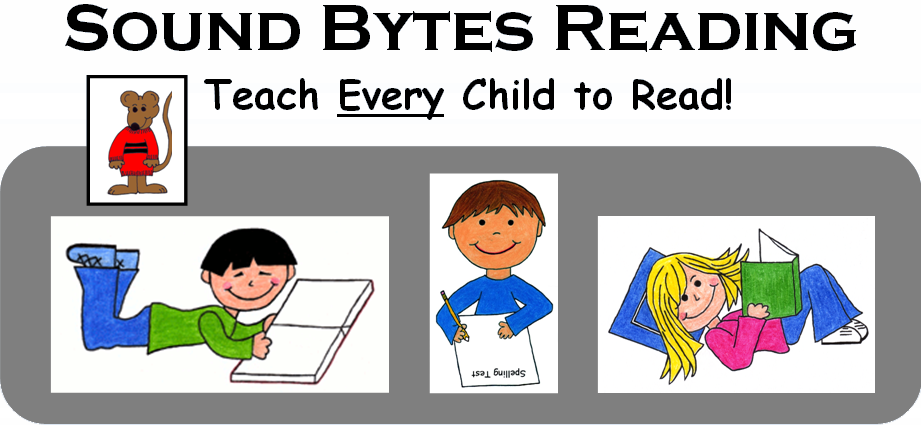How Does Memory Affect Learning To Read and Teaching Reading?

How does memory affect reading? What are the normal limitations of memory? How does memory affect the learning of beginning or struggling readers? Does the amount of material we introduce at one time affect whether beginning readers will be successful learners? What is one simple thing can we do to raise reading achievement in our students?
The following exercise is adapted from Sound Bytes Reading, pages T5-T6:
How much can you remember? Time yourself while you try this exercise. Look at the list below for 30 seconds. Then cover the words and write down every word you remember.

Now, look at the next list for only 10 seconds. Then cover it and write down every word you can remember.

How well did you do? You had the same amount of time to review each item in both lists—two seconds per item. The average person will recall about seven words from the first list, and all of the words in the second list. There are two reasons why this happens. The second list is short, and the items are related to one another. You mentally group the items in the list as “school supplies” which makes them easier to remember.
It is easier to remember small amounts of information, and even easier when the bits of information are related to one another. If we try to teach too many new letters or sounds at one time it is difficult for students to retain the information. If you want to be successful when teaching beginning or struggling readers, do not introduce more than three new sound-patterns at a time. Review them frequently.
Some reading programs introduce as many as 10 new letter-sound patterns all at once at the beginning of the week. If you introduce just two sound-patterns a day for five days, students will learn just as much—but they will be far more likely to retain it. Keep in mind that students also need to practice reading new words and stories containing those new sound-patterns.
